The world in 2025 is witnessing significant political shifts as nations navigate elections, economic challenges, and geopolitical tensions. From the United States presidential race to rising nationalism in Europe, the growing influence of China, and global efforts to combat climate change, politics is shaping the future of international relations. This article explores the most critical political developments of the year and their potential impact.
The U.S. Presidential Election: A Defining Moment
The United States is preparing for a highly contested presidential election in 2025, with major implications for domestic and global policies. The political climate remains deeply polarized, with debates over economic recovery, healthcare, immigration, and international relations dominating the campaign.
The Democratic and Republican parties are presenting starkly different visions for the country’s future. Key issues such as inflation, taxation, social policies, and climate initiatives are at the center of discussions. Independent and third-party candidates are also gaining attention, reflecting voter frustration with the traditional two-party system.
With voter turnout expected to play a crucial role, both parties are focusing on mobilizing their bases. The outcome of the election will shape the U.S. stance on foreign policy, including relations with China, Russia, and the European Union, as well as domestic priorities such as economic reforms and infrastructure development.
European Politics: Nationalism and Economic Struggles
In Europe, several nations are experiencing political shifts due to economic challenges, immigration debates, and increasing nationalism. The European Union (EU) faces internal divisions as member states struggle with inflation, energy security, and digital regulations.
France and Germany, two of the EU’s leading nations, are undergoing political transitions that could reshape European policies. The United Kingdom, still adjusting to the long-term effects of Brexit, is debating new trade deals and domestic reforms. Meanwhile, Eastern European countries are strengthening military alliances in response to ongoing security concerns in the region.
The rise of right-wing nationalist movements in several countries is challenging the EU’s push for deeper integration. Some governments are advocating for stronger border controls and protectionist economic policies, leading to tensions within the bloc. The future of European unity remains uncertain as leaders attempt to balance national interests with collective goals.
China’s Growing Global Influence
China continues to expand its global presence in 2025, strengthening economic ties with developing nations and asserting its position as a leading superpower. The country’s Belt and Road Initiative (BRI) remains a cornerstone of its foreign policy, with massive infrastructure investments in Asia, Africa, and Latin America.
However, tensions with the United States remain high, particularly over trade policies, technology competition, and military activity in the South China Sea. idtoto4d of Taiwan is a major flashpoint, with China increasing its military presence near the island, prompting concerns from Western nations.
Despite geopolitical tensions, China is actively engaging in diplomatic efforts, particularly in climate negotiations and international trade agreements. The country’s economic policies and technological advancements are shaping global markets, making its role in world politics increasingly significant.
Middle East Dynamics: Shifting Alliances and Security Challenges
The Middle East remains a region of complex political and security challenges in 2025. Iran’s nuclear program continues to be a point of contention, with ongoing negotiations between Tehran and Western powers. Diplomatic efforts are being made to prevent escalation, but tensions persist.
Saudi Arabia and the United Arab Emirates (UAE) are focusing on economic diversification, investing in technology, tourism, and renewable energy. The Abraham Accords, which normalized relations between Israel and several Arab nations, continue to influence regional diplomacy. However, the Israeli-Palestinian conflict remains unresolved, with periodic escalations drawing international concern.
Conflicts in Syria and Yemen are seeing renewed peace talks, but stability remains fragile. The Middle East’s role in global energy markets also remains critical, with oil prices influencing international economic policies. The region’s political future will depend on diplomatic efforts and economic reforms.
Climate Politics: A Global Priority
Climate change remains a major political issue in 2025, with countries facing increasing pressure to meet sustainability goals. The United Nations Climate Conference has brought together world leaders to discuss carbon emissions, renewable energy investments, and strategies for mitigating climate disasters.
While some nations have made significant progress in transitioning to green energy, others continue to struggle with economic and political barriers. Developing nations are calling for more financial support from wealthier countries to implement climate-friendly policies.
The private sector is also playing a role, with corporations investing in sustainable technologies. However, balancing economic growth with environmental responsibility remains a challenge, and political leaders are under scrutiny for their commitments to climate action.
Conclusion
The global political landscape in 2025 is marked by significant developments, from high-stakes elections and geopolitical rivalries to economic challenges and climate policies. The outcome of the U.S. presidential race, China’s expanding influence, European political shifts, and Middle Eastern diplomacy will shape the future of international relations.
As the world navigates these complex challenges, political decisions made today will have long-lasting effects on global stability, economic growth, and environmental sustainability. Cooperation, diplomacy, and strategic policymaking will be crucial in shaping a more secure and prosperous future.
Global Political Developments in 2025: Key Events and Trends
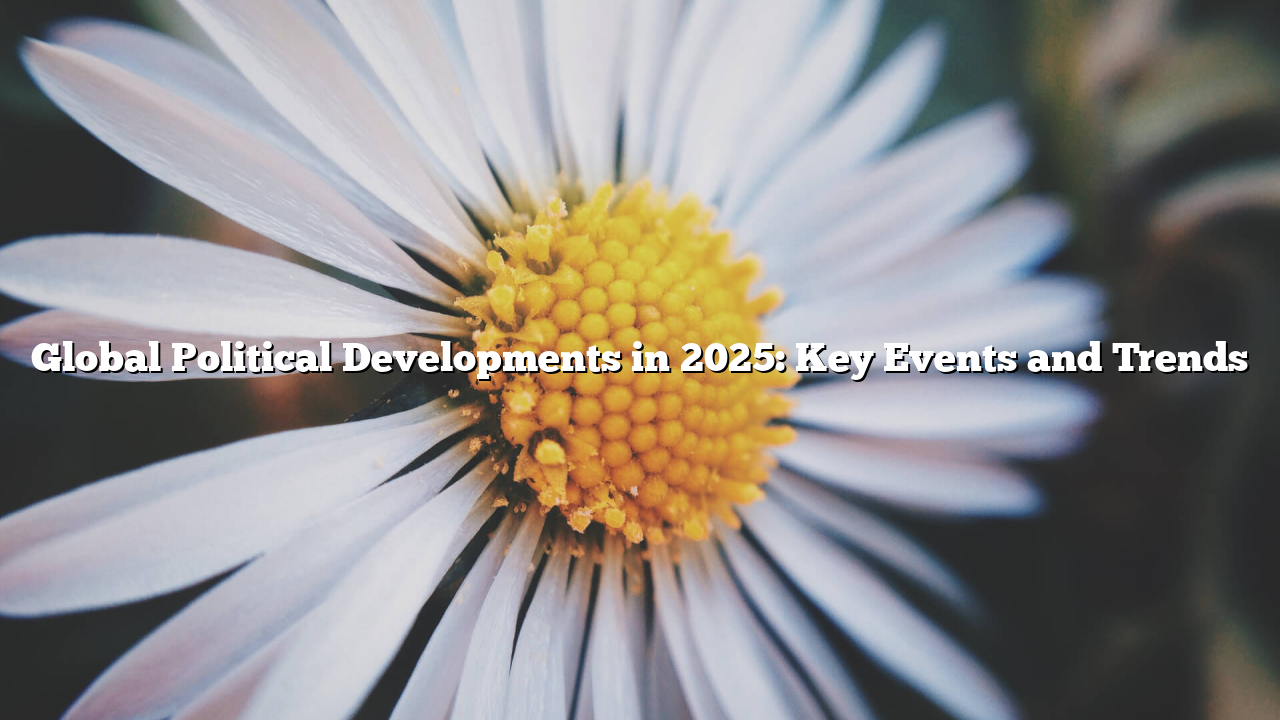
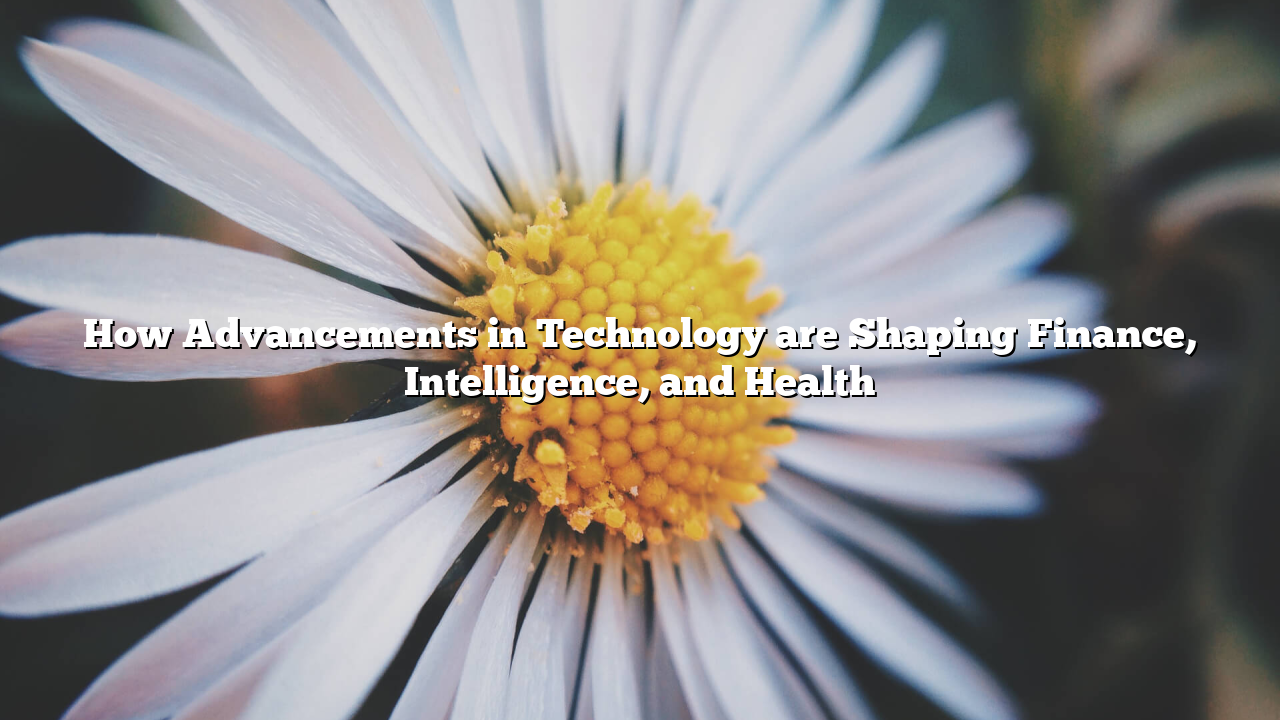
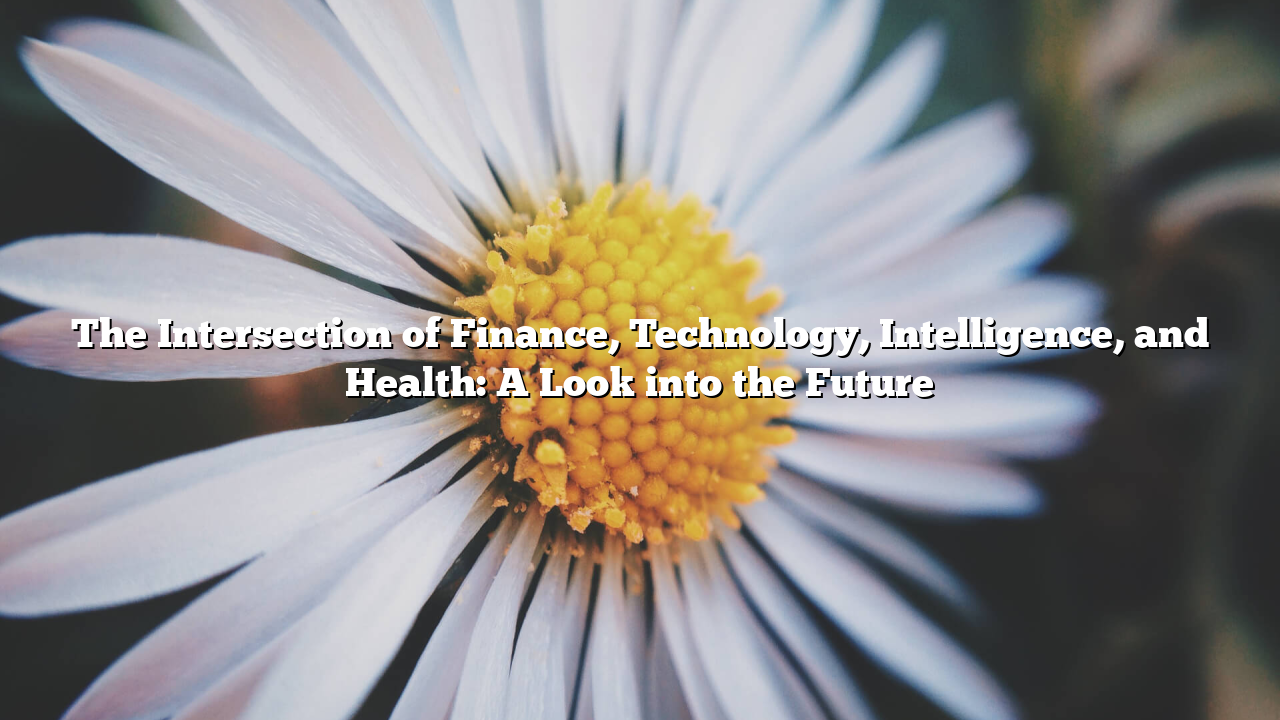
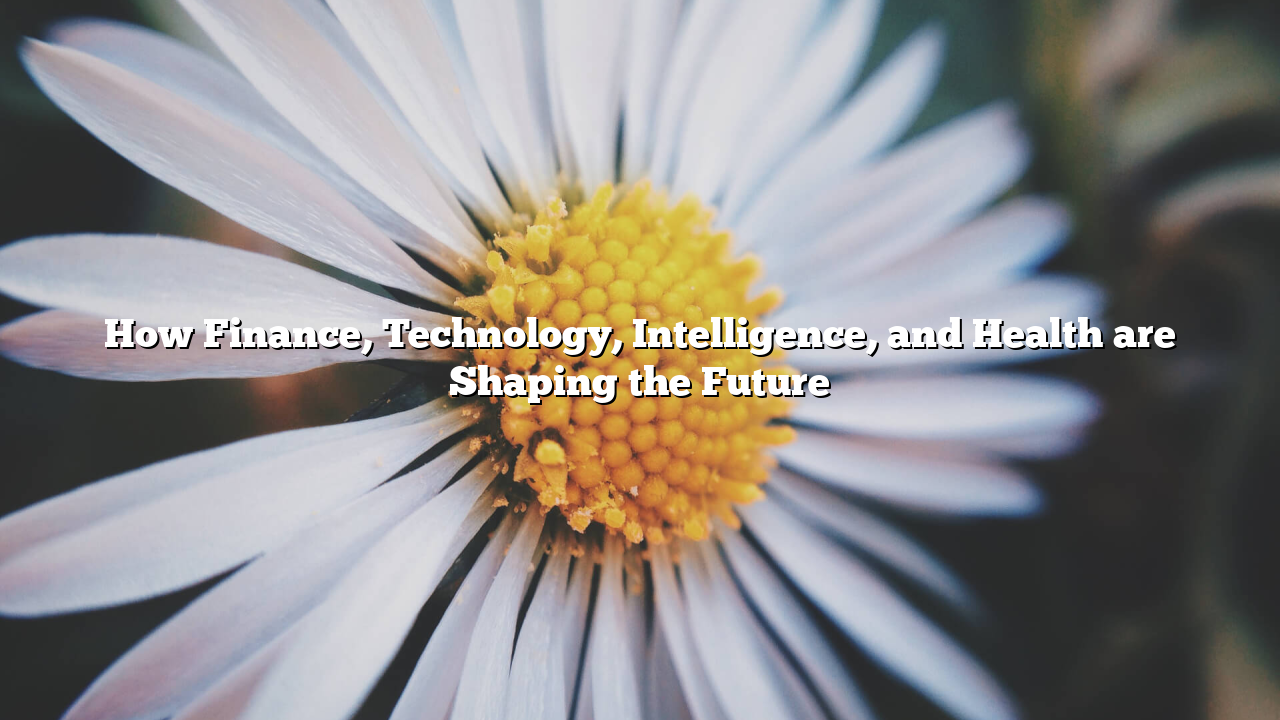
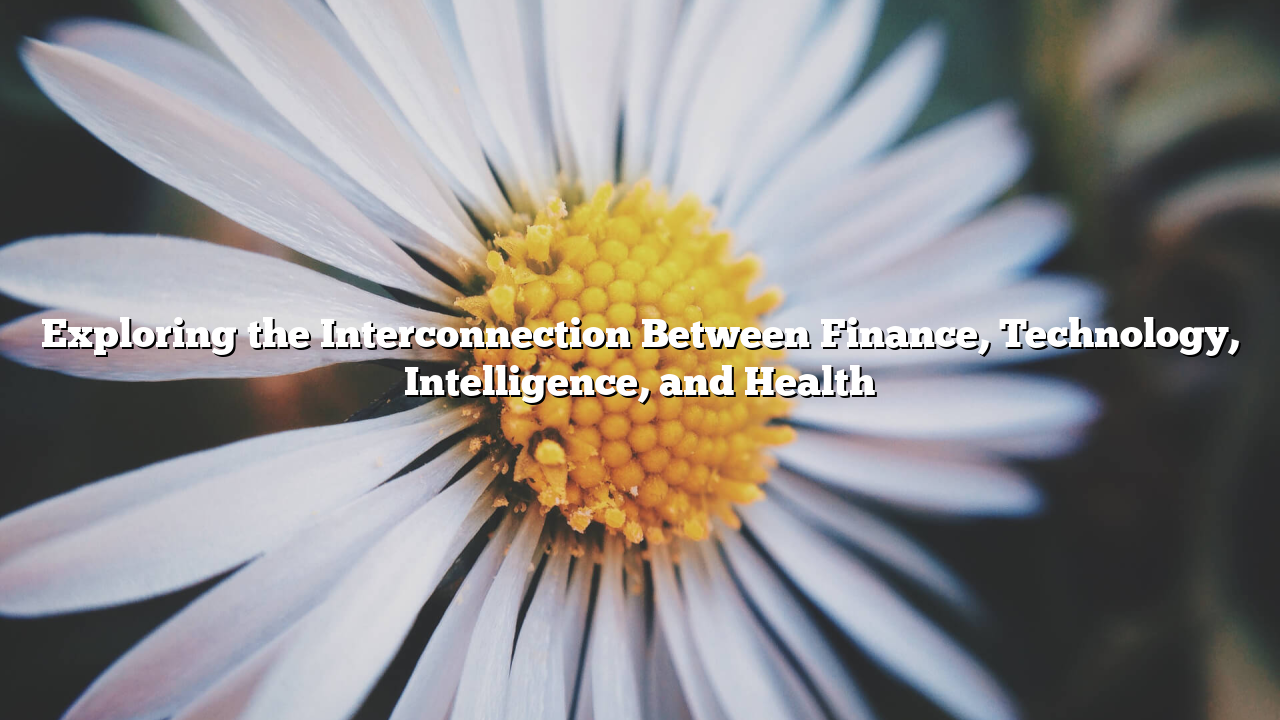



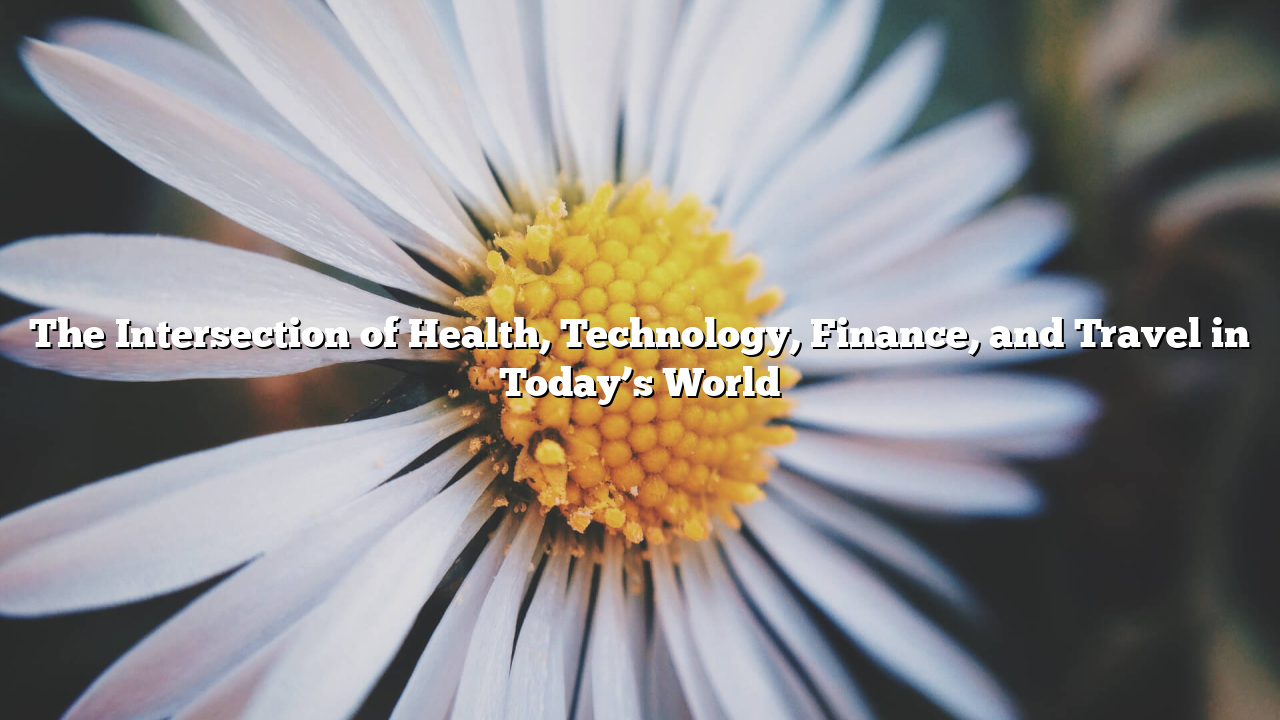


Leave a Reply